With 4 out of 10 inhabitants under the line of poverty, the province of Shirak is one of the most disadvantaged in Armenia. In this unfavorable socioeconomic context, Armenian government expenditure on healthcare is among the lowest in the region. Therefore, people only have free access to a limited set of basic services. In addition to this economic barrier to healthcare access, the community lacks a positive attitude towards prevention of diseases. As a consequence, the prevalence of cardiovascular diseases, diabetes, cancer, and other chronic conditions has increased, as well as the associated deaths.
To help address this problem and to promote comprehensive healthcare in the province, in July 2022 FIDEC Armenia launched the Shirak Health Pilot Project, funded by the Armenian diaspora in Argentina. The goal is to provide the rural population with free high-standard medical services. “When we designed this project, we took into consideration the most urgent and prevalent health needs, which we had previously identified by conducting a survey in 16 healthcare centers in the province,” stressed Narine Hayrapetyan, Executive Director of FIDEC Armenia.
Most Common Health Problems in Shirak
 Cardiovascular diseases
Cardiovascular diseases
Hypertension
Coronary heart disease
Stroke
 Diabetes
Diabetes
 Cancers
Cancers
Breast cancer (women)
Prostate cancer or lung cancer (men)
Gastrointestinal cancer (men and women)
 Thyroid diseases (including thyroid cancer)
Thyroid diseases (including thyroid cancer)
 Anemia
Anemia
 Unplanned pregnancies that result in abortions
Unplanned pregnancies that result in abortions
 Sexually transmitted diseases
Sexually transmitted diseases
 Intestinal worms (children)
Intestinal worms (children)
Results of the survey carried out by FIDEC Armenia in medical centers in Shirak.
The target beneficiaries are men and women aged 40-75 years who live on a low income in Horom and Pemzashen, rural communities in the Artik region. To promote their health, the following interventions were put in place:
- Diagnosis and treatment of the most prevalent cardiovascular diseases (coronary heart disease, high blood pressure, stroke).
- Screening, diagnosis, and educational activities to improve diabetes control.
- Cancer screening (focused on breast, gastrointestinal, prostate, and thyroid cancers) to support the country’s cancer prevention strategy.
- General gynecological exams and tests provided to all women.
- Screening for and treatment of iron deficiency anemia, and provision of vitamin D3 prophylactic doses.
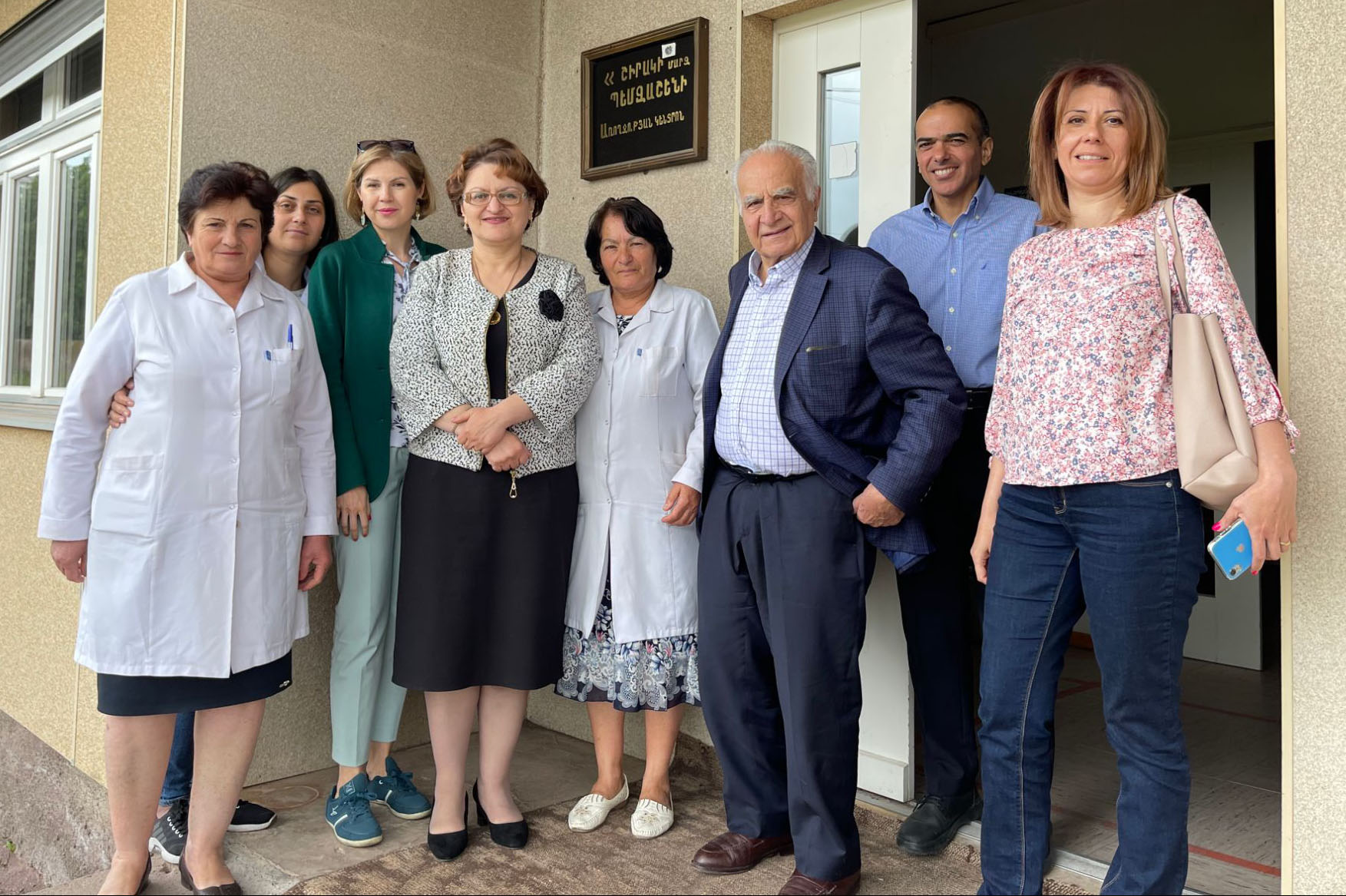
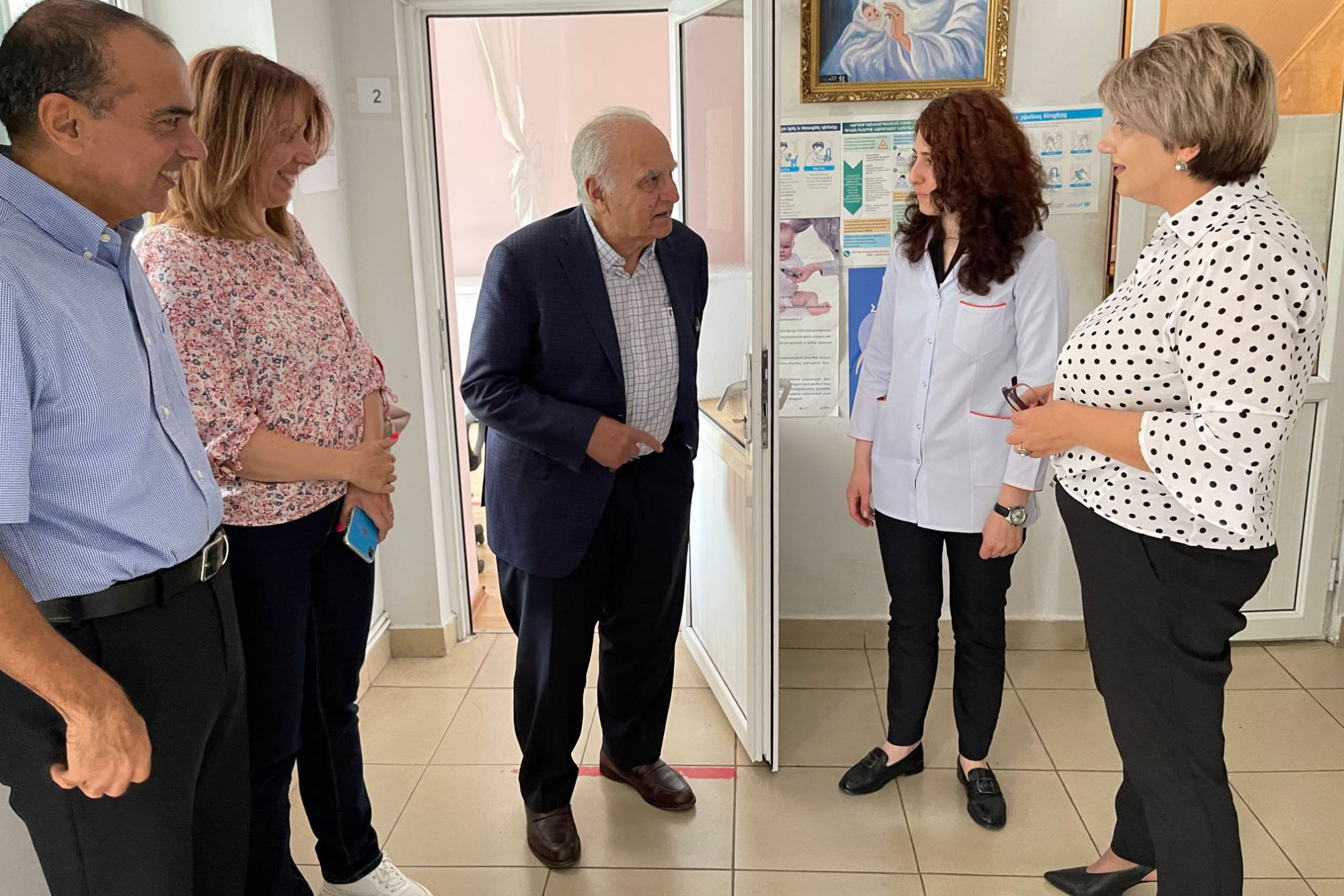
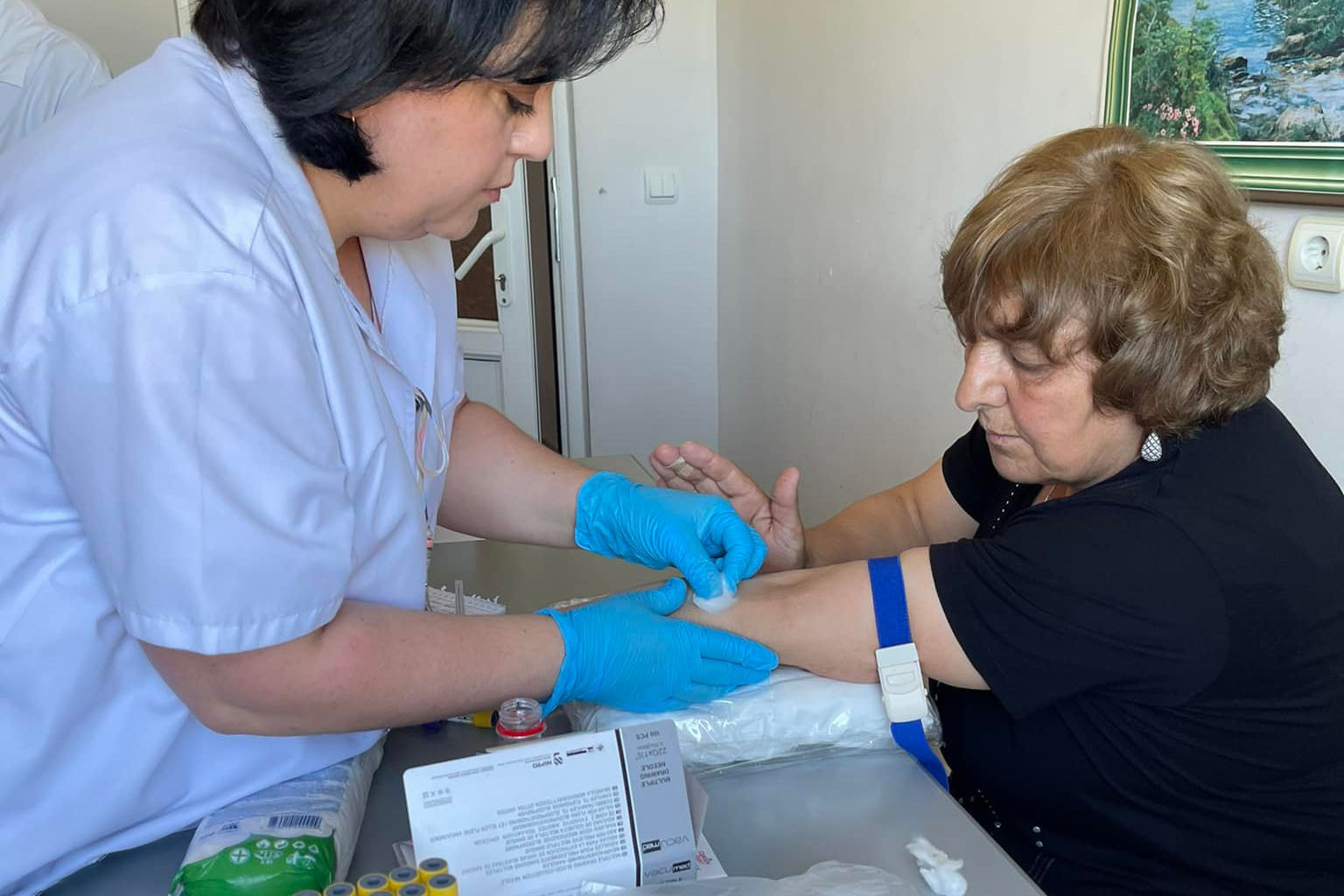
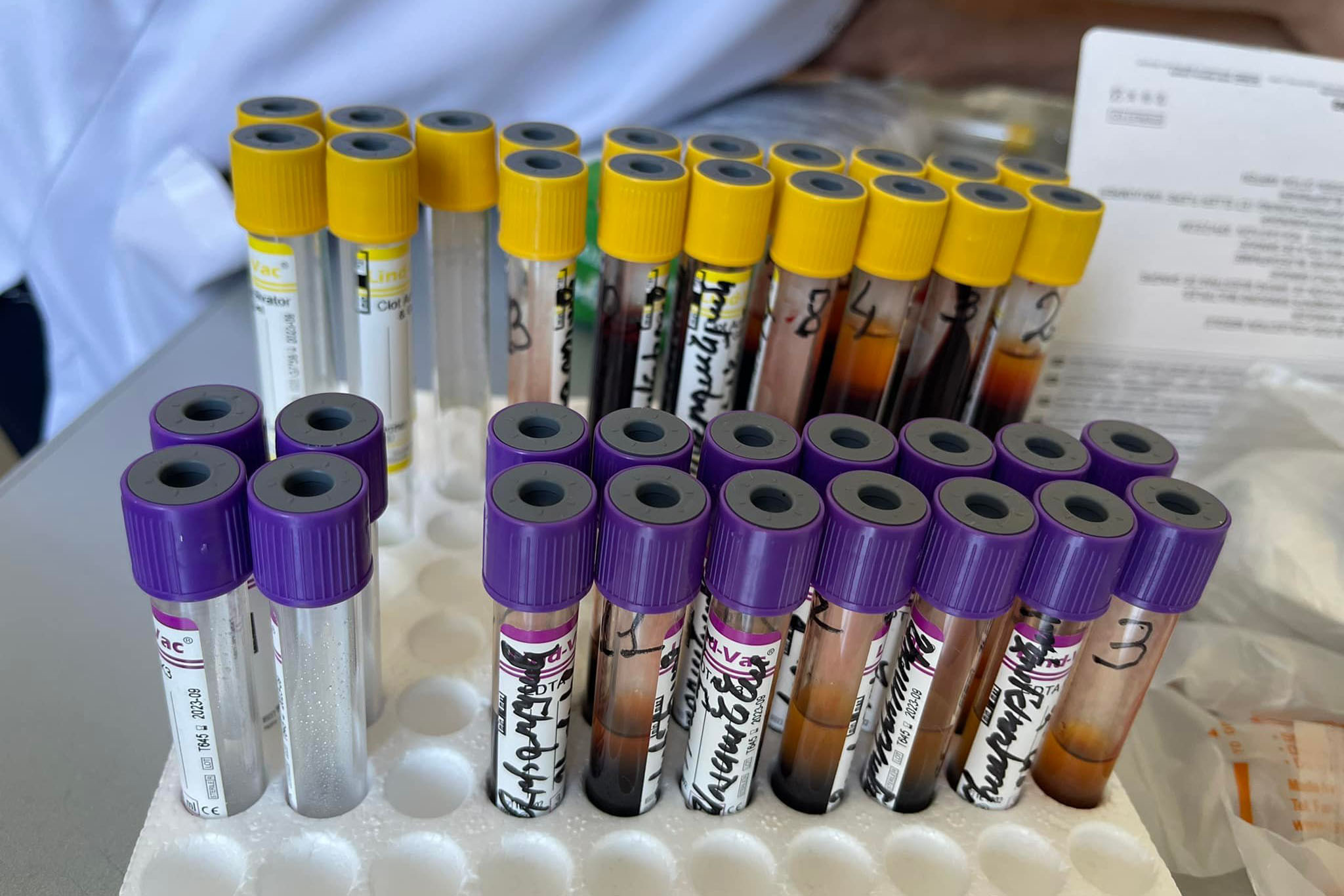
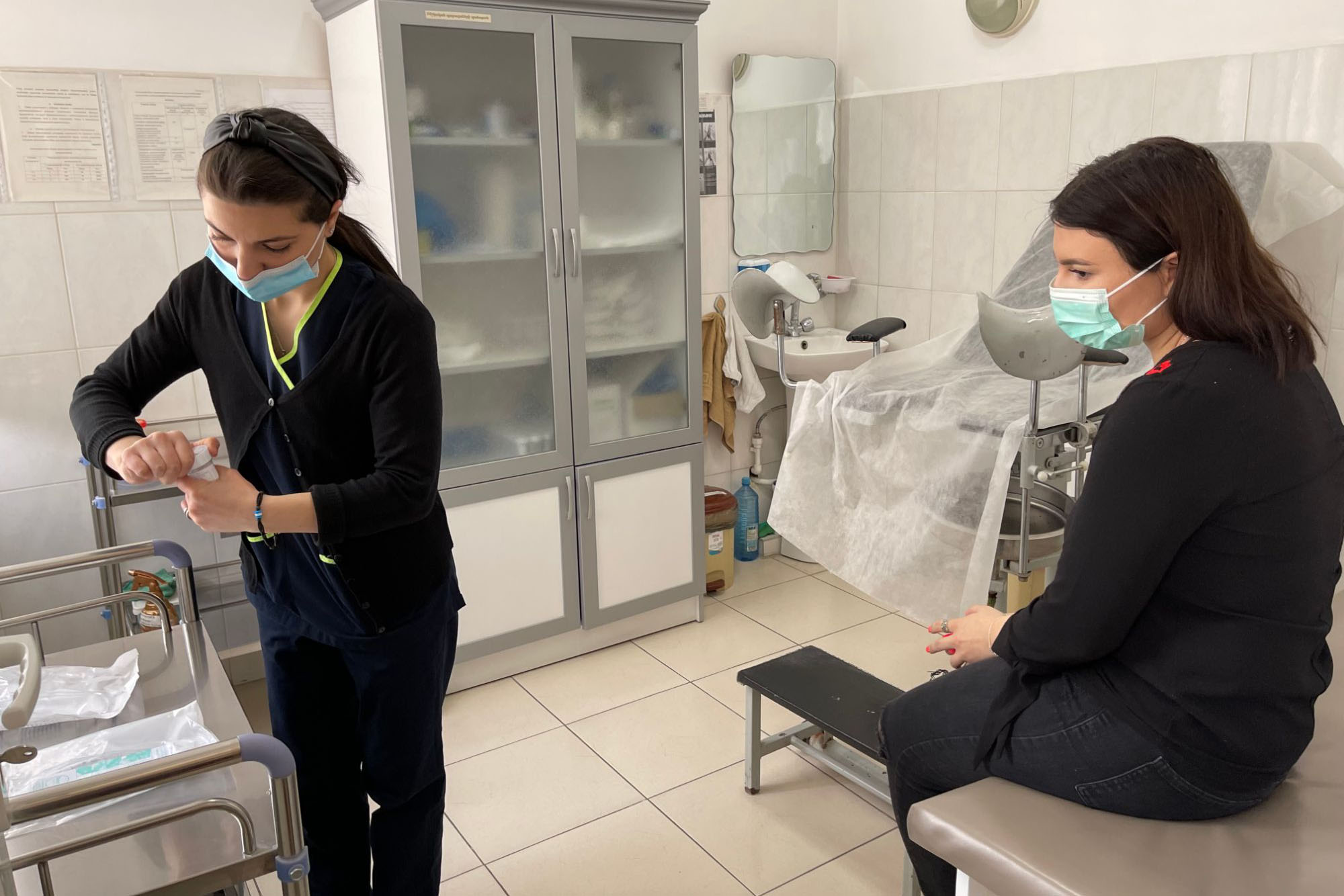
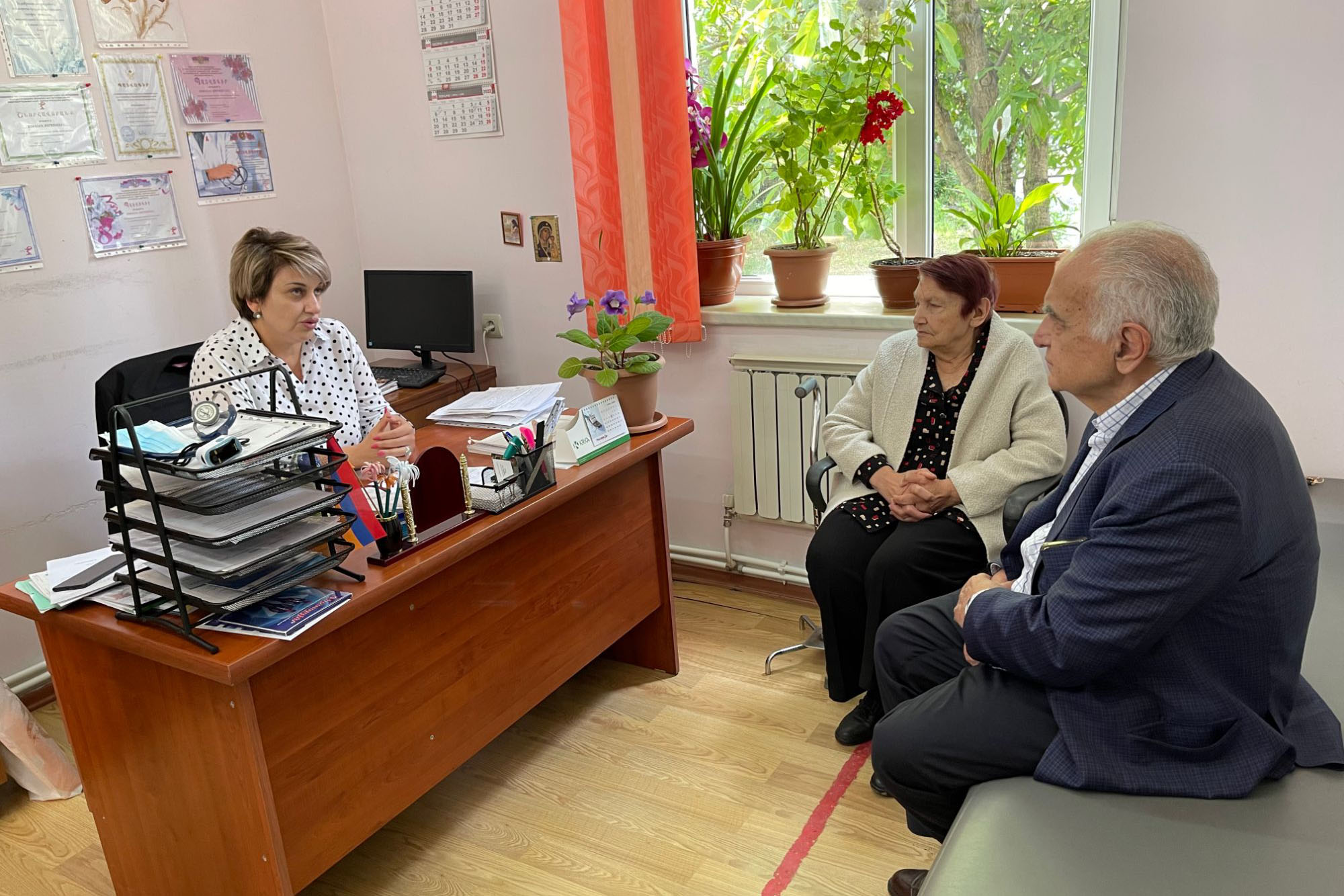
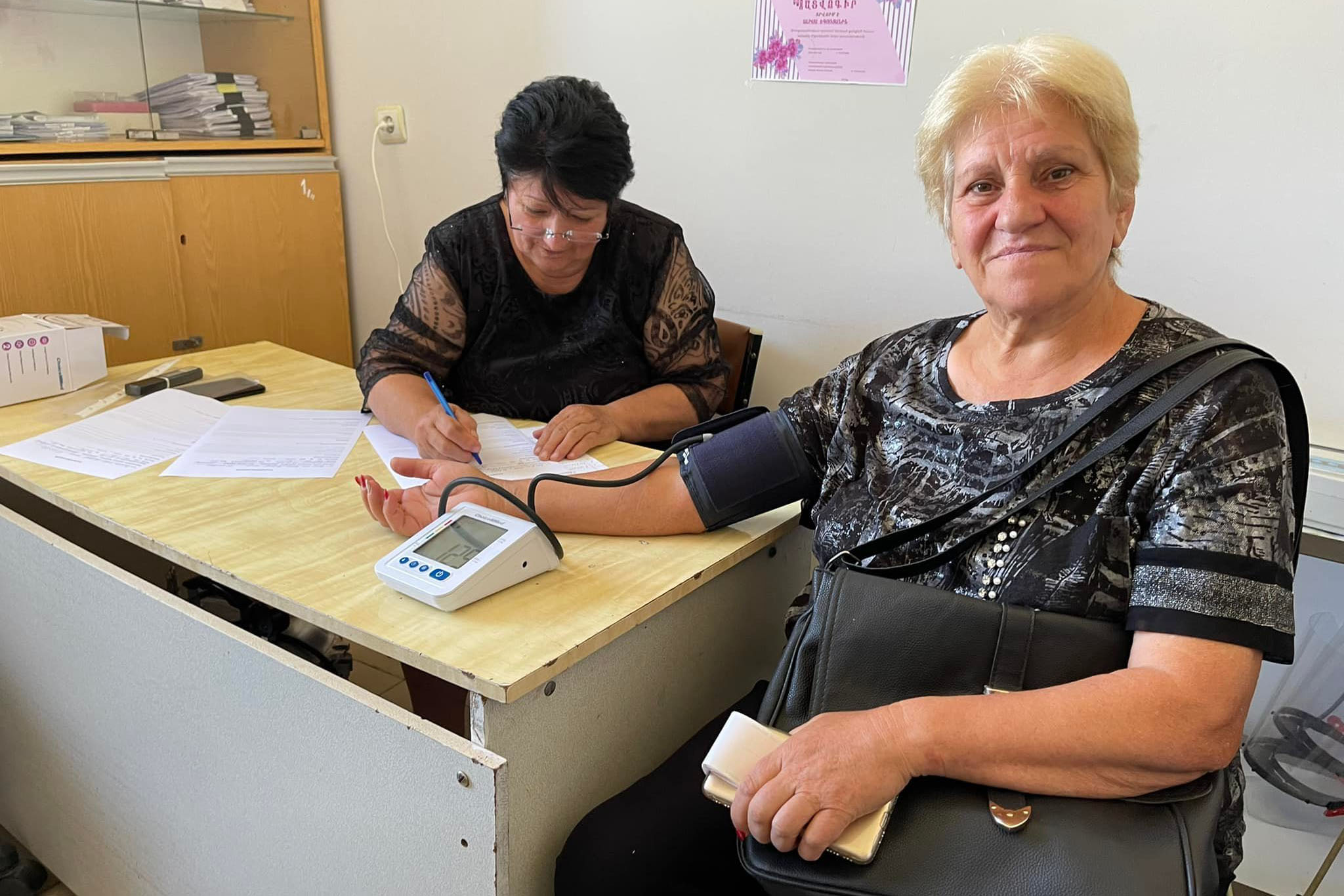
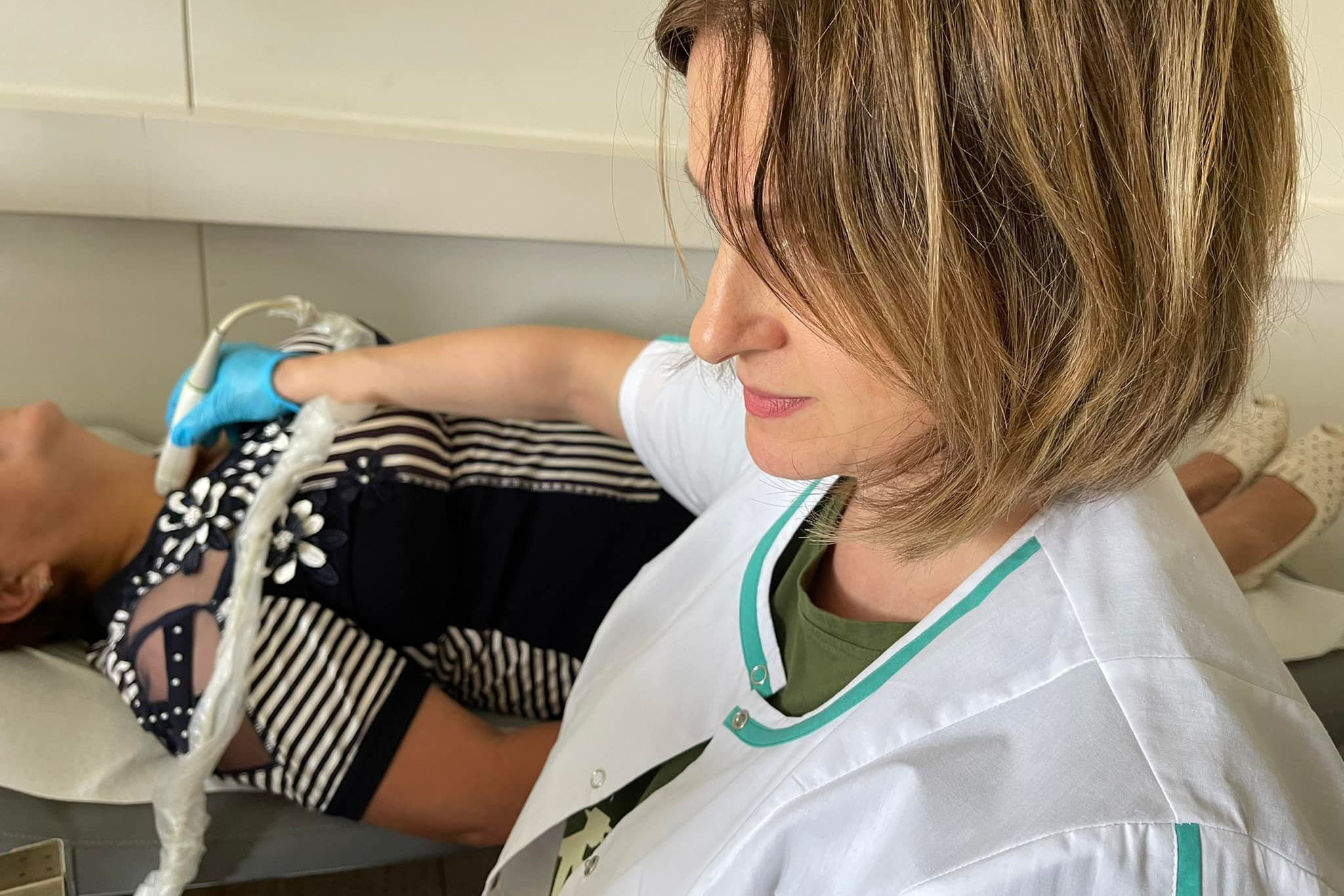
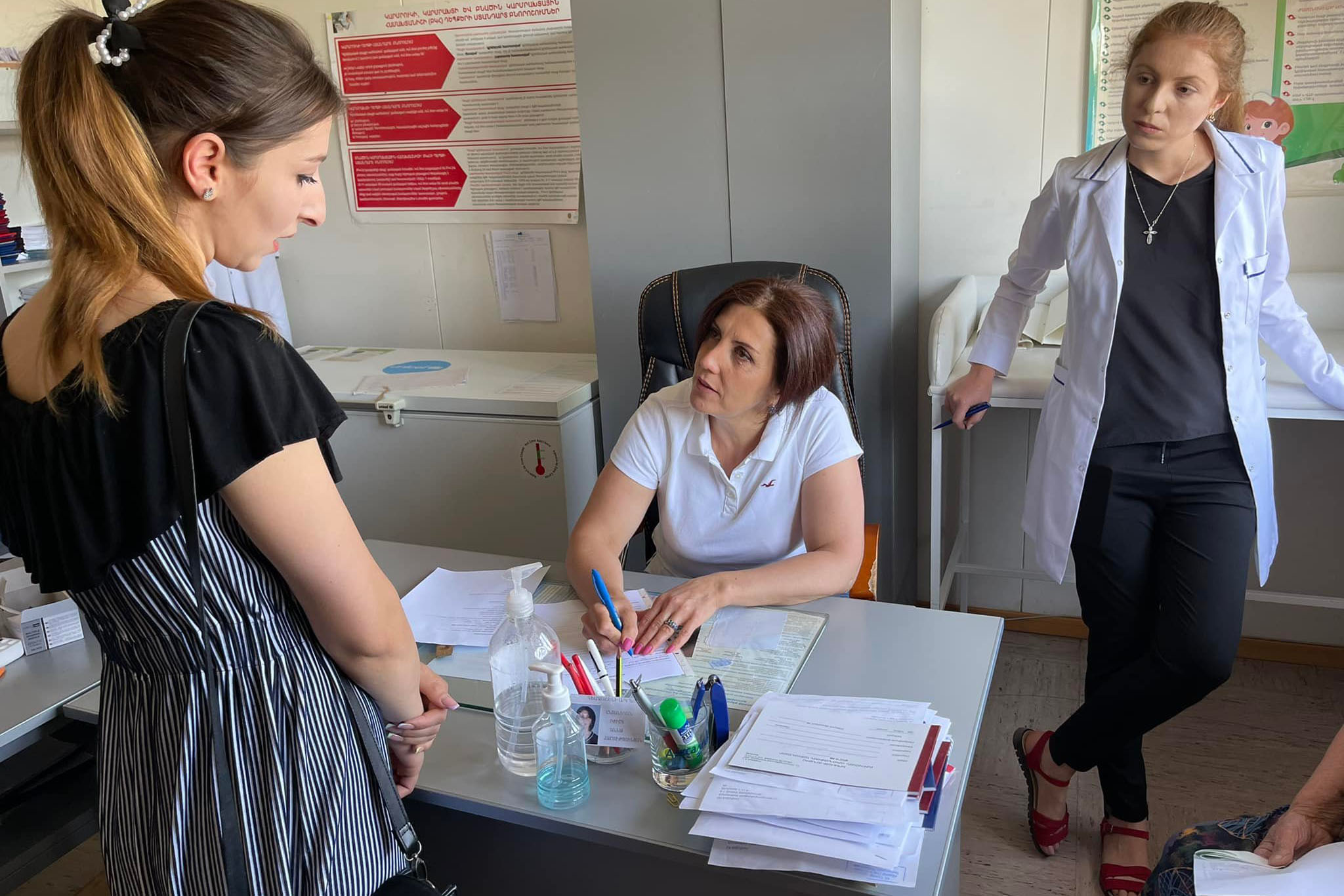
Launch of the Shirak Health Pilot Project and first medical interventions in Horom and Pemzashen.
In addition, a program component aimed at the younger population seeks to raise awareness on family planning and contraceptive methods, to decrease the high rate of unintended pregnancies, and to discourage abortions as a method for birth control and sex selection. Men are also offered laboratory tests and medication to adequately detect, treat, and thus reduce the prevalence of sexually transmitted diseases, which are associated with labor migration. “Finally, we have also planned to diagnose, treat, and control intestinal worm infections or helminthiasis in 1,300 children aged 3-10 who live in the same communities,” indicated Hayrapetyan.
Project planning and launch activities were carried out during the first month. The 3-month active intervention stage began in August 2022 to provide beneficiaries with medical services. The outpatient centers in Horom and Pemzashen are FIDEC Armenia’s strategic partners in this enterprise. “They are joined by ARDA and Prom-Test, which are laboratories in Gyumri; the Gyumri Medical Center and the Artik Medical Center, which are reference clinics in Shirak province; and specialized clinics in Yerevan, the Armenian capital,” pointed out Pablo Elmassian, Medical Director of FIDEC Armenia. The final follow-up and treatment stage is planned to extend for a month. However, project beneficiaries that require a longer follow-up will continue under supervision of healthcare staff.
FIDEC Armenia will evaluate the outcomes of this pilot experience to design a program that is better tailored to health priorities in Shirak. “So far, we have made decisions based on national statistics, but obtaining on-site local data will allow us to refine our approaches, working schemes, and partnerships,” explained Hayrapetyan. Moreover, the foundation will inform health authorities of any situation that may warrant changes in current public health policies or budgets. In fact, FIDEC Armenia has set a remarkable precedent: based on the results of the Tavush Women Health Project, implemented from 2010 to 2017, the Armenian Ministry of Health began providing free Pap tests to women aged 30-65 years throughout the country.
“Another key aspect will be to evaluate the quality of the services delivered in ambulatory centers by the medical staff engaged in our project,” stated Elmassian. These observations will guide primary healthcare reforms undertaken by a group of doctors from the Armenian diaspora in partnership with and by request from the Ministry of Health. The challenge faced is undoubtedly great, but so is FIDEC Armenia’s commitment. “We have taken another step towards helping Armenians prioritize health, one of our main goals and mottos,” remarked Hayrapetyan.